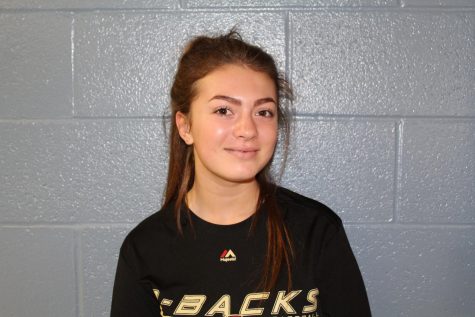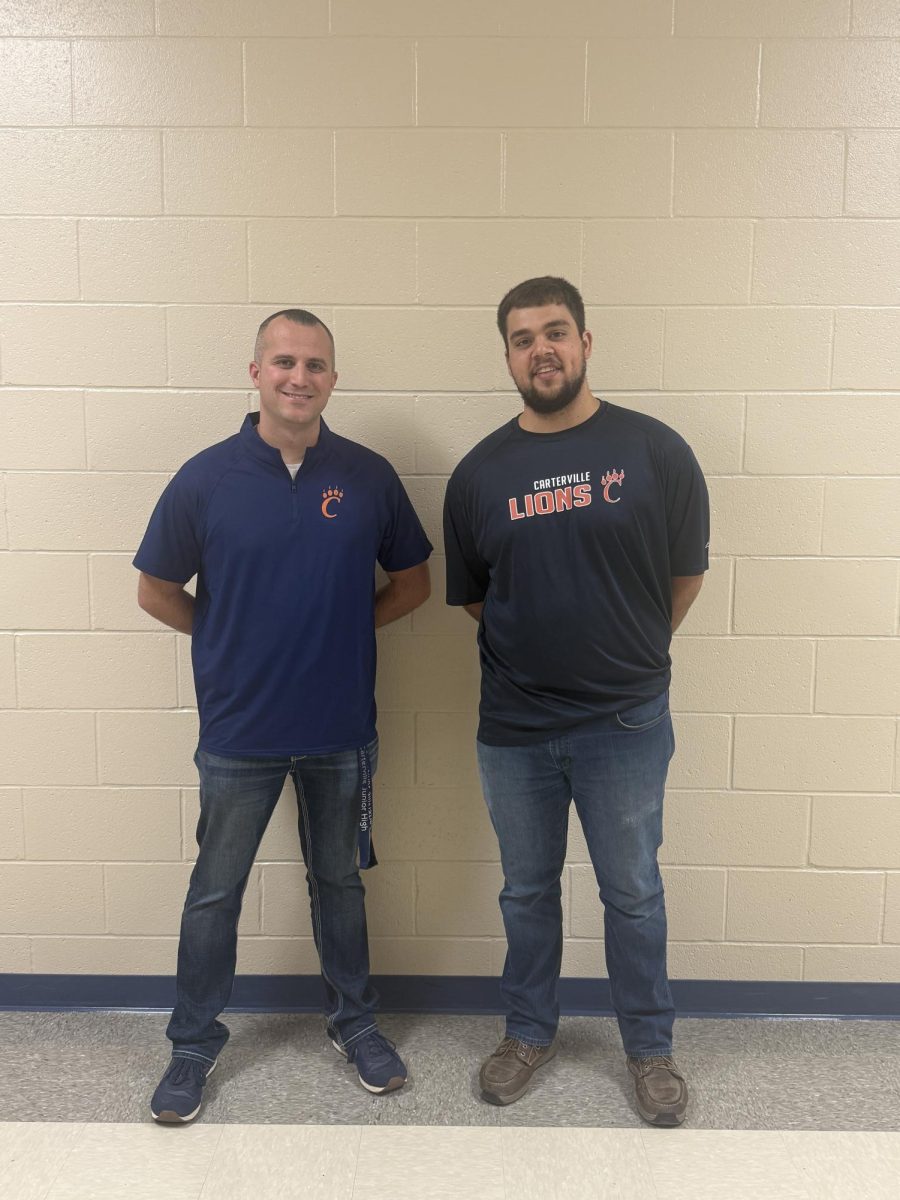How Lack of Sleep Affects Student’s Grades
December 7, 2017
Around thirty-four percent of Americans have some type of sleeping disorder and half of that thirty-four percent experience tiredness two to three times a week, leaving the remaining half with a regular, therefore more serious problem.
Sleep readies and repairs the mind and body from the previous day onto the next, and if a person doesn’t get enough sleep, it can be dangerous to their health and alter the quality of their life.
When it comes to teenagers, sleep deprivation increases the chance that they will score drastically lower on tests than if they were able to get a full eight to ten hours of sleep. Even with this, a 2016 study showed that an alarming 90 percent of American high school students are chronically sleep deprived. The National Institute of Health stated that teens need at least nine hours of sleep per night, but only nine percent of teens were actually getting that much sleep. As well as that, 20 percent of students have been just getting by with four to five hours of sleep.
The American Academy of Sleep Medicine wrote about poor sleeping patterns and the effect it has on students grades and their learning. It stated that every hour of sleep that a student loses at night, negatively affects their grades by twenty-five to thirty-four percent, but sleep deprivation was found to have a greater impact on high school freshmen and sophomores than it did on the upperclassmen.
There are some small details of one’s daily and nightly routines that can make a huge difference in the amount and the quality of sleep that they’re getting throughout the night.
Six ways to improve one’s sleeping habits:
- Establish a regular schedule; when they go to bed and when they wake up in the morning.
- Avoid sleeping in past 7 a.m.
- Make time for regular exercise each day.
- Avoid drinking caffeine throughout the day.
- Don’t take naps during the day.
- If they’re not going to sleep, they shouldn’t hang around in their bed because they’ll trick their brain into thinking that they don’t sleep there.
Contributed By:
www.independent.co.uk/news/sleep-deprivation-epidemic-health-effects-tired-heart-disease-stroke-dimentia-cancer-a7964156.html
www.nytimes.com/guides/well/how-to-sleep
www.sleepingfoundation.org/media-center/press-release/lack-sleep-affecting-americans-finds-the-national-sleep-foundation








